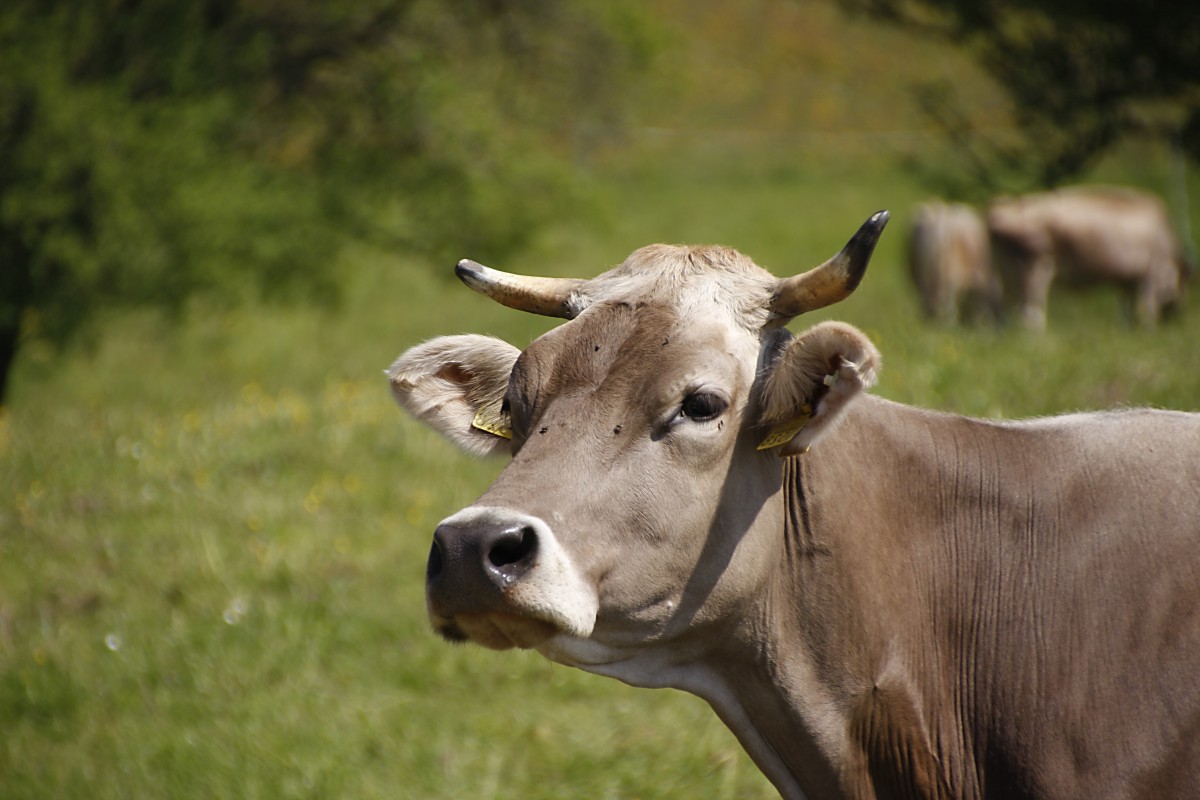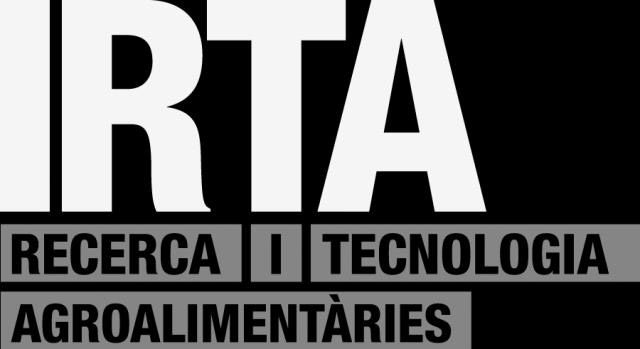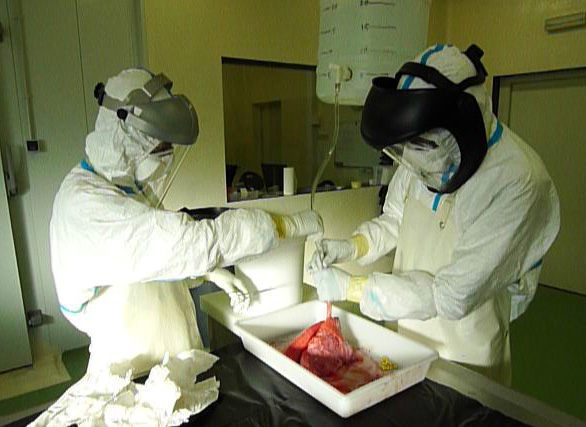Bovine tuberculosis: Challenges and controversies (III). Is vaccination an option?

No, it is not. This bold answer has been given so far by the competent authorities. However, this answer is sustained by the ban on cattle vaccination of the current legal framework at the EU (it is explicitly forbidden by the Council Directive 78/52/EEC).
At present, the only available vaccine against tuberculosis (TB) is bacilli Calmette-Guérin (BCG), which is a live attenuated strain of Mycobacterium bovis, the main causative agent of bovine TB. This has shown partial protection in cattle. Even though trials have also been conducted on a number of other vaccines, none has been shown to induce a superior protection than BCG.
BCG and other mycobacterial vaccines have been also be evaluated to reduce spread of M. bovis in other domestic or wildlife reservoirs of infection. We posted here a summary of our recent work on TB vaccination that elucidates the efficacy of BCG in small ruminants. Now, a new study shows that vaccination of goats with heat-inactivated Mycobacterium bovis (HIMB) confers a similar degree of protection than BCG. By contrast to results previous observed in orally vaccinated sheep, parenteral administration of the vaccine reduced the pulmonary lesions and bacterial load in goats experimentally challenged with Mycobacterium caprae.
This study, co-financed by the INIA project RTA2015-0043-C02-01 and the European FEDER fund, has been published, in open access, in the jorunal PLoS ONE:
Efficacy of parenteral vaccination against tuberculosis with heat-inactivated Mycobacterium bovis in experimentally challenged goats. Claudia Arrieta-Villegas, Tania Perálvarez, Enric Vidal, Zoë Puighibet, Xavier Moll, Albert Canturri, Iker A. Sevilla, Yvonne Espada, Ramón A. Juste, Mariano Domingo, Bernat Pérez de Val. Published: May 9, 2018 https://doi.org/10.1371/journal.pone.0196948
At this point, the main obstacle to initiate vaccination campaigns in non-TB free regions is that BCG, as well as the other TB vaccine candidates, are based on live-attenuated or inactivated entire mycobacteria. The main reason for these vaccines are currently banned for use in cattle is due to the possibility that vaccinated animals are not fully protected against the infection and, therefore, they may become infected and cannot be distinguished from the non-infected vaccinated animals. Tuberculin-based diagnostic tests (tuberculin skin tests and interferon gamma assay) will detect as positive not only those infected animals but also vaccinated ones (this is known as interference of vaccination with the diganostic tests).
In the last decades, considerable research efforts have been focused on the development of diagnostic tests compatible with mycobacterial vaccines. However, there is not yet available sufficient field experience on the use of vaccine and these DIVA tests (Differentiating Infected from Vaccinated Animals), to explore a tentative time lime for a possible change in the current EU policy. Our mission as researchers is to provide enough cumulative evidences from large-scale and field trials that facilitate this change.
In the same sense, the Manual of Diagnostic Tests and Vaccines for Terrestrial Animals of the World Organization for Animal Health (OIE) specifies that “Cattle vaccination should not therefore be used in countries where control or trade measures based on such testing are in operation (..) It can therefore be envisaged that BCG vaccination could be applied in combination with such DIVA tests once these reagents have been fully validated and the legal framework amended accordingly.”
Taking into account the promising results in terms of safety and efficacy of several TB candidates, and the scientific advances in developing DIVA reagents, authorizing vaccination as an additional tool for the control of bovine TB looks like a realistic goal, especially in non-bovine species, in which vaccination is not explicitly forbidden by the EU legislation. This is beginning to change but there is still a long way to go.
Getting back to the initial question, is vaccination an option? Yes, it should be.














